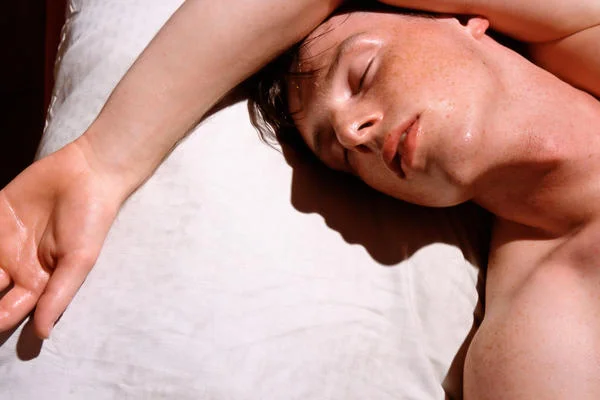Night sweats keeping you up?
/The human body is equipped with the ability to regulate temperature with extreme precision -- regardless of changes in environmental conditions.
This amazingly complex mechanism, however, can be disrupted by many factors ranging from illness, cancer or hormonal changes, as seen in normal aging. When this occurs, hot flashes or night sweats can come on.
Night sweats are a common complaint experienced by many individuals. One report of over 2,000 patients visiting a primary care physician found that over 40 percent of adults experienced night sweats at least once a month, with even higher rates found in women and men 41 to 55 years old.
Night sweats refer to excessive sweating that occurs during sleep. Depending on their severity, patients can sometimes find themselves drenched, which can interrupt sleep.
One of the most well-known causes of night sweats in women is menopause. During this time, women experience wide fluctuations in hormones resulting in impaired thermoregulation.
Up to 80 percent of women experience hot flashes and night sweats during the menopausal transition. Overtime, however, the body adjusts to the new hormone levels and symptoms often subside as a new balance is reached.
Similarly, levels of the male sex hormone testosterone drop overtime, which can also alter temperature regulation resulting in night sweats. This phenomenon, called andropause or male menopause, mostly affects men over 40.
Other symptoms of andropause include fatigue, weakness, sexual problems and weight gain. You should talk to your physician if you’re experiencing these symptoms; they might take a blood test to look at your testosterone levels and if you have low testosterone, replacement therapy can provide some relief.
Night sweats are quite common, but sometimes they can be a sign of something more serious. If a patient is experiencing night sweats along with other symptoms, like weight loss and fever, there could be something more sinister at work inside the body, like cancer or infection, such as tuberculosis or HIV.
In particular, lymphomas, renal tumors and thyroid cancers are known to be associated with night sweats. Therefore, if you begin to experience night sweats on a regular basis, if they interrupt your sleep, or are associated with fever, weight loss or cough, it is essential to talk with your physician about your symptoms. This not only allows for prompt diagnosis of a potentially serious condition, but can also help identify ways to alleviate your night sweats.
As an urologist, I frequently see patients suffering from night sweats associated with andropause, and they can also be a side effect of some medications. To help cope with these symptoms there are a few simple lifestyle modifications that I recommend.
The first step is ensure that your night sweats are not related to your sleep environment, sleeping with a lightweight blanket and wearing loosely fitting, absorbent cotton night wear can be incredibly helpful. Additionally, keep a glass of ice water by your bed; if you start feeling an attack, taking a sip can help halt the progression of symptoms.
And finally, be aware of potential triggers of night sweats. For instance, some find that spicy food can bring on particularly bad episodes, so avoiding these triggers can reduce the number of attacks you experience.

